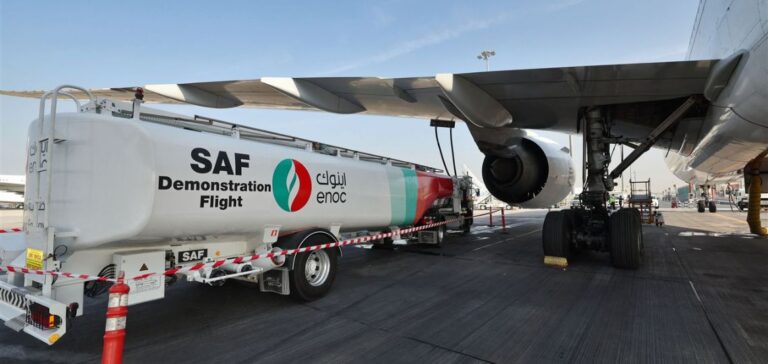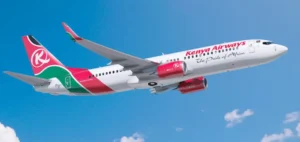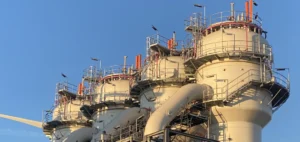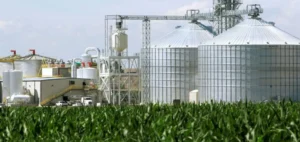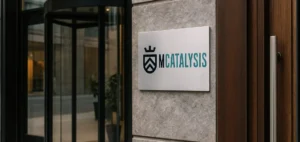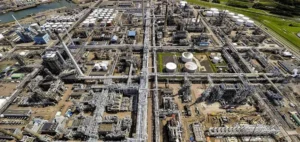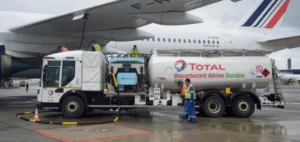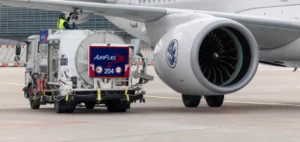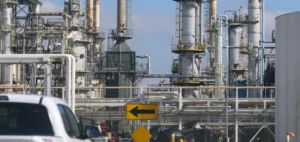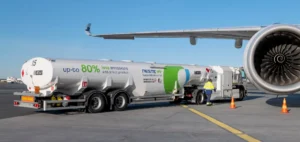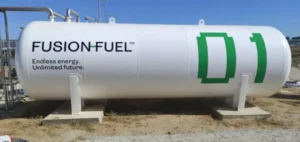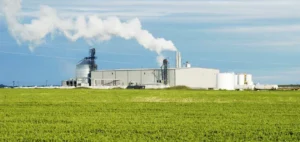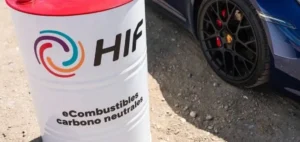Major European airlines have voiced concerns over the targets set by the European Union for the gradual integration of sustainable fuels in commercial aviation. Gathered under the umbrella of the association Airlines for Europe (A4E), which includes 17 key industry players, executives outlined in Brussels their concerns over a projected shortfall in the availability of sustainable aviation fuels (SAF) by 2030.
Regulatory targets and market constraints
Since January, EU regulation has mandated a minimum of 2% SAF in fuels used by commercial aircraft. This rate is set to increase to 6% in 2030, with a progressive climb to 70% by 2050. However, according to a study cited by Luis Gallego, Chief Executive Officer of International Airlines Group (IAG), SAF production could fall short by 30% in 2030 compared to regulatory requirements. Currently, SAF is estimated to cost three to five times more than conventional kerosene, which represents a significant barrier to widespread adoption.
Call for regulatory adjustments
A4E representatives urged the European Commission to introduce additional support mechanisms or reconsider the current timeline. Michael O’Leary, Chief Executive Officer of Ryanair, stated that without immediate action to boost industrial production, the only option would be to revise the 2030 targets. This stance is echoed by several others, including Lufthansa, Air France-KLM and easyJet, who cite global competition operating under less stringent frameworks.
Uncertain industrial outlook
Globally, the aviation sector aims for carbon neutrality by 2050, with SAF expected to account for 65% of that effort. However, Carsten Spohr, Chief Executive Officer of the Lufthansa Group, pointed to persistent industrial obstacles, notably delays in hydrogen aircraft development by Airbus and strategic choices by certain oil groups favouring fossil fuel production. These factors may compromise the anticipated trajectory.
“Let’s ensure a more honest debate on this topic,” said Carsten Spohr, calling for industrial supply realities to be reflected in future regulatory planning.


